Gateway to Learning
Want to invest in crypto but don't know where to start?
Learn crypto through the simplest words.
 Must Read Daily Market Reports
Must Read Daily Market Reports
Must Read Daily Market Reports
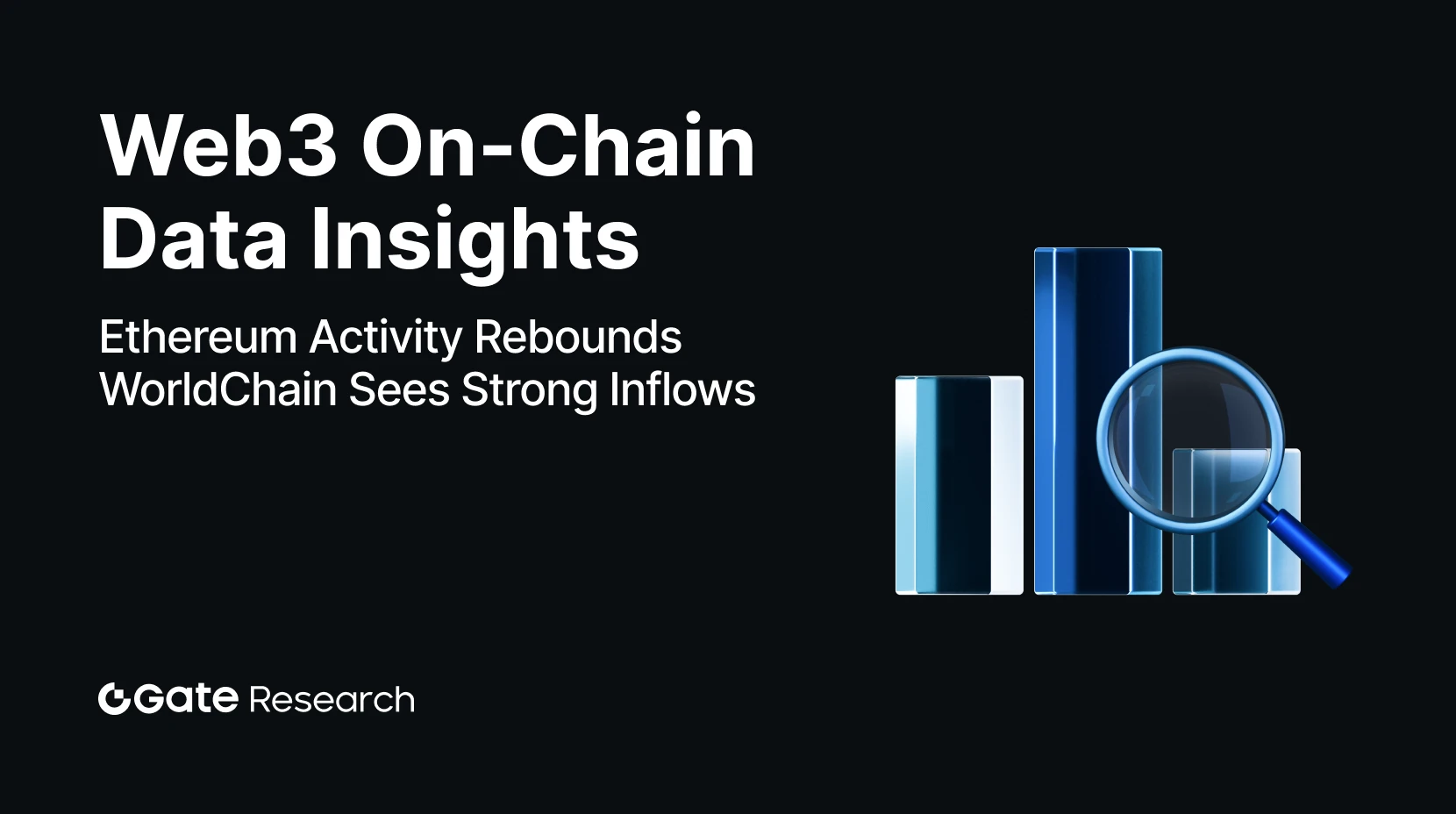 Gate Research: Web3 On-Chain Data Insights for July 2025|Ethereum On-Chain Activity Rebounds, WorldChain Sees Strong Inflows
Gate Research: Web3 On-Chain Data Insights for July 2025|Ethereum On-Chain Activity Rebounds, WorldChain Sees Strong Inflows
Gate Research: Web3 On-Chain Data Insights for July 2025|Ethereum On-Chain Activity Rebounds, WorldChain Sees Strong Inflows
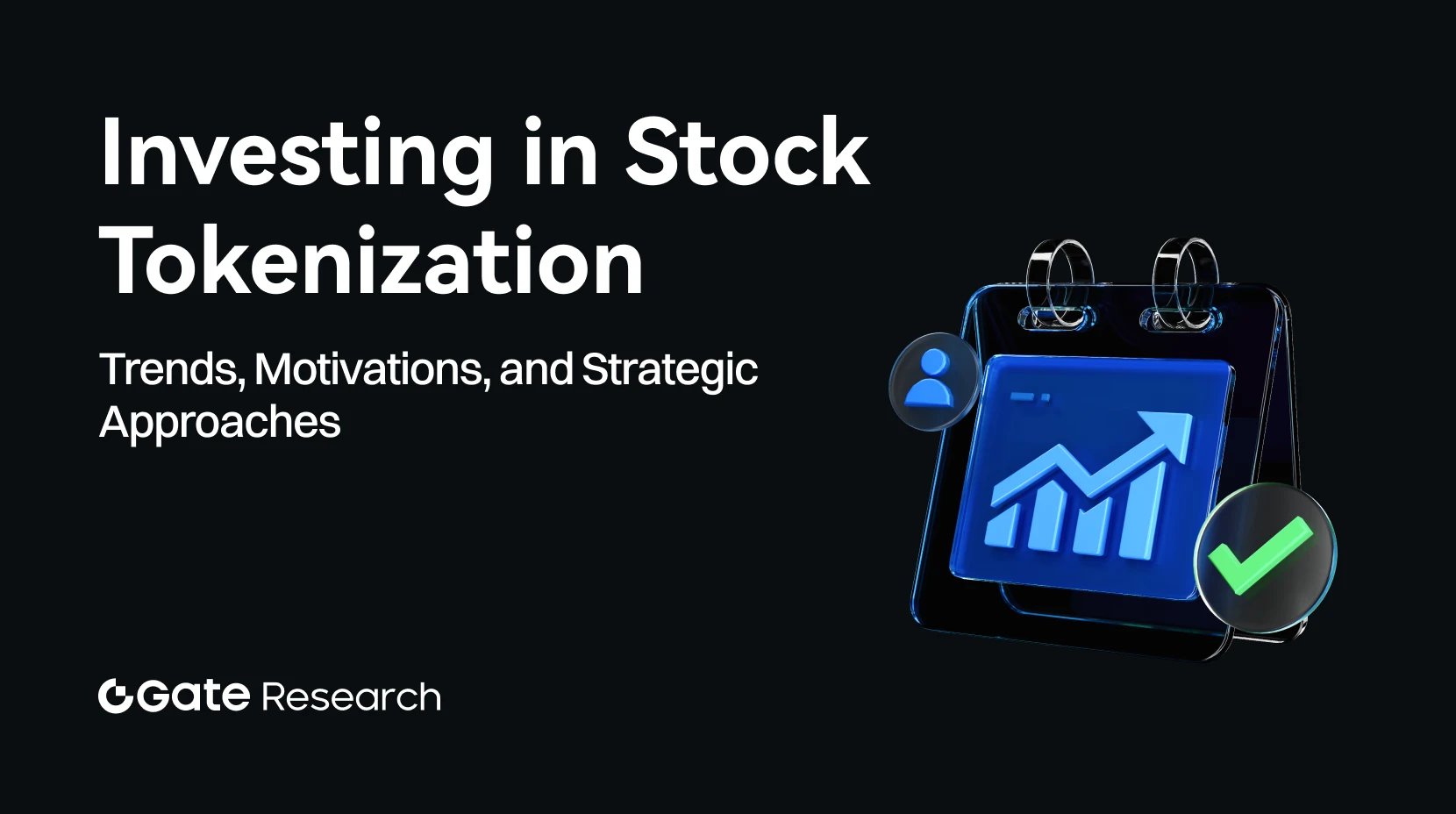 Gate Research|The Institutional Shift into Crypto: Drivers, Strategies, and the Road to Market Maturity
Gate Research|The Institutional Shift into Crypto: Drivers, Strategies, and the Road to Market Maturity
Gate Research|The Institutional Shift into Crypto: Drivers, Strategies, and the Road to Market Maturity
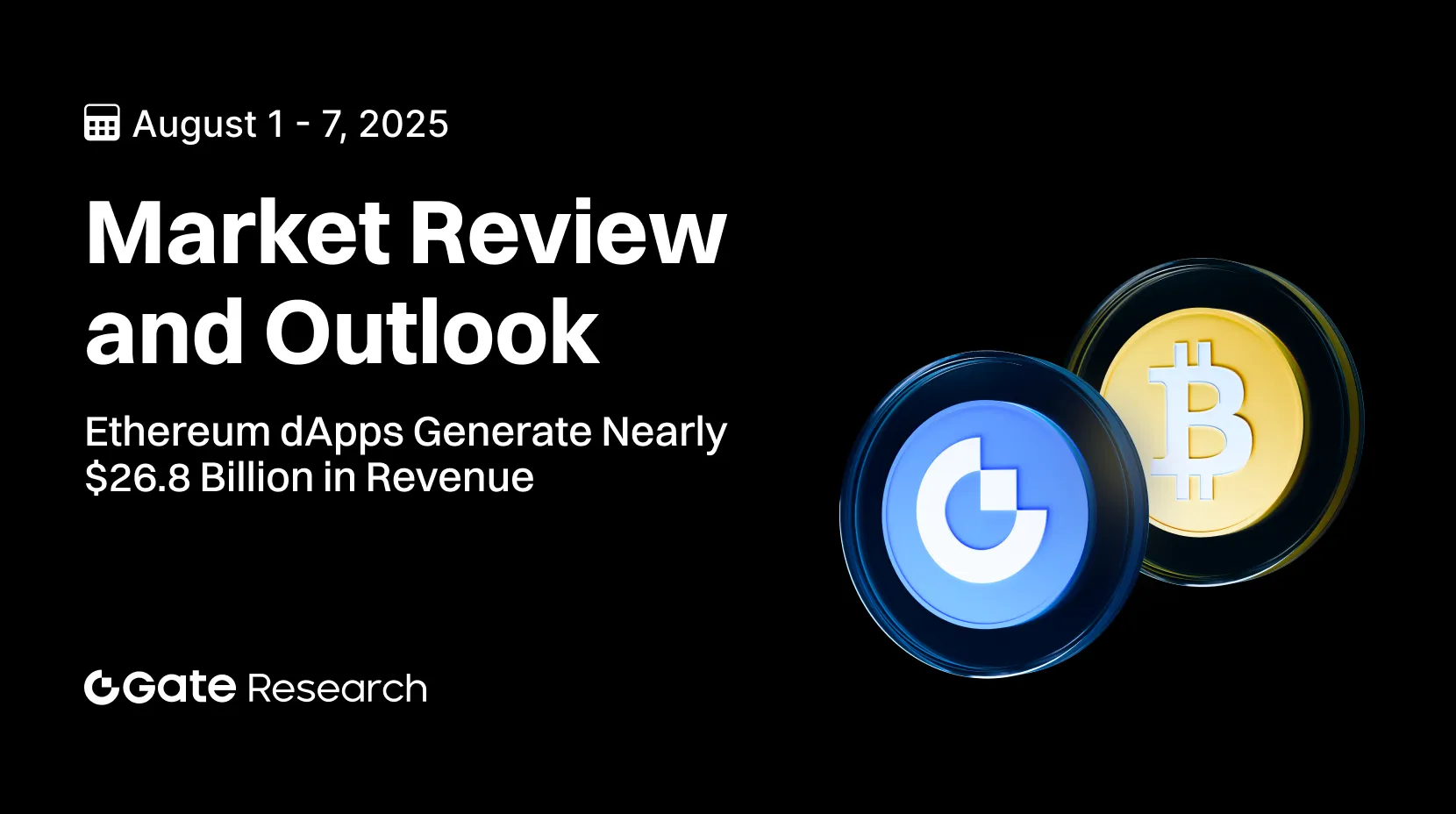 Gate Research: Ethereum dApps Generate Nearly $26.8 Billion in Revenue | Gate’s Derivatives Volume Up 46.5% MoM in July
Gate Research: Ethereum dApps Generate Nearly $26.8 Billion in Revenue | Gate’s Derivatives Volume Up 46.5% MoM in July
Gate Research: Ethereum dApps Generate Nearly $26.8 Billion in Revenue | Gate’s Derivatives Volume Up 46.5% MoM in July
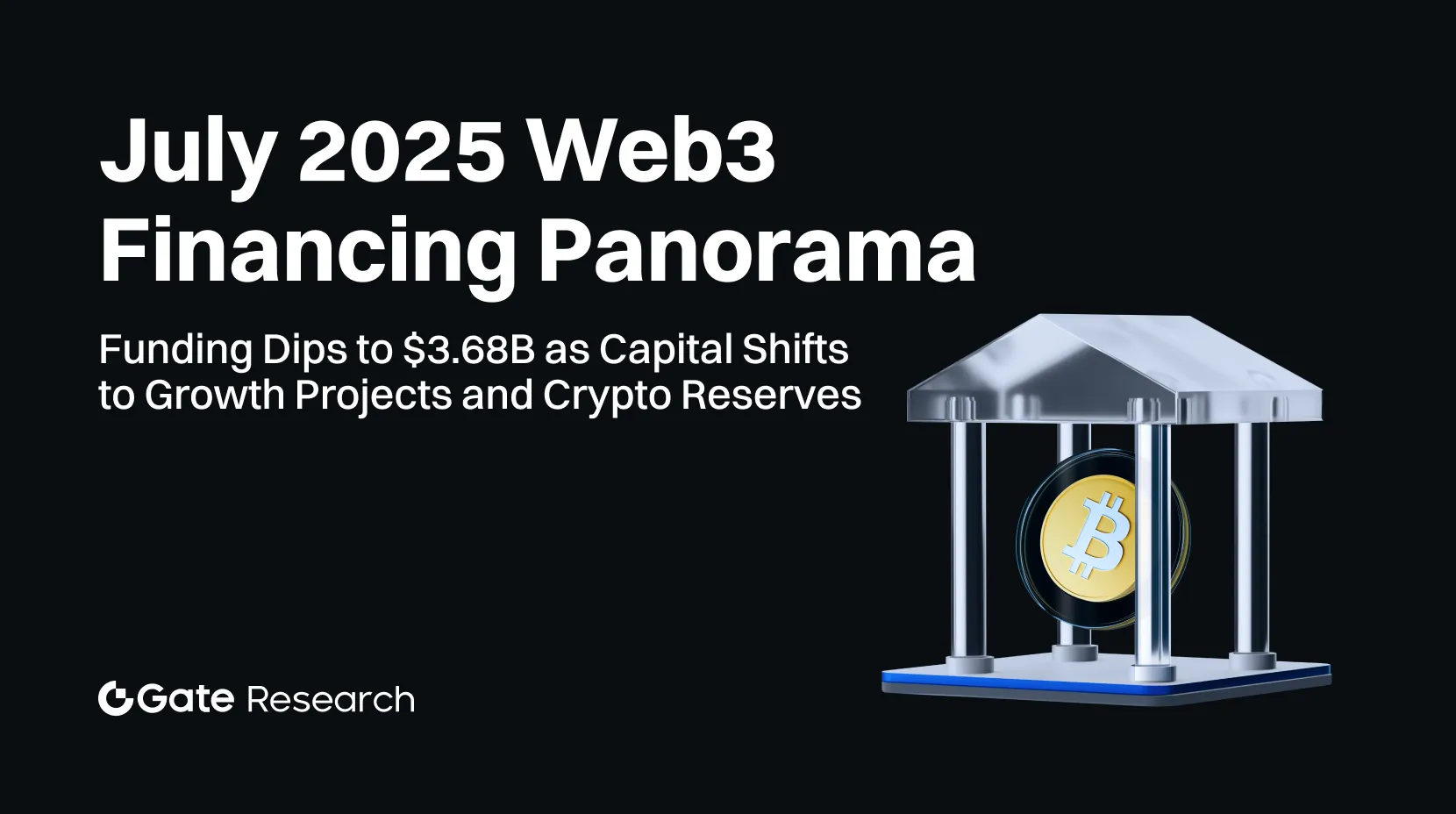 Gate Research: Funding Dips to $3.68B as Capital Shifts to Growth Projects and Crypto Reserves | July 2025 Web3 Fundraising Overview
Gate Research: Funding Dips to $3.68B as Capital Shifts to Growth Projects and Crypto Reserves | July 2025 Web3 Fundraising Overview
Gate Research: Funding Dips to $3.68B as Capital Shifts to Growth Projects and Crypto Reserves | July 2025 Web3 Fundraising Overview
Featured Courses
More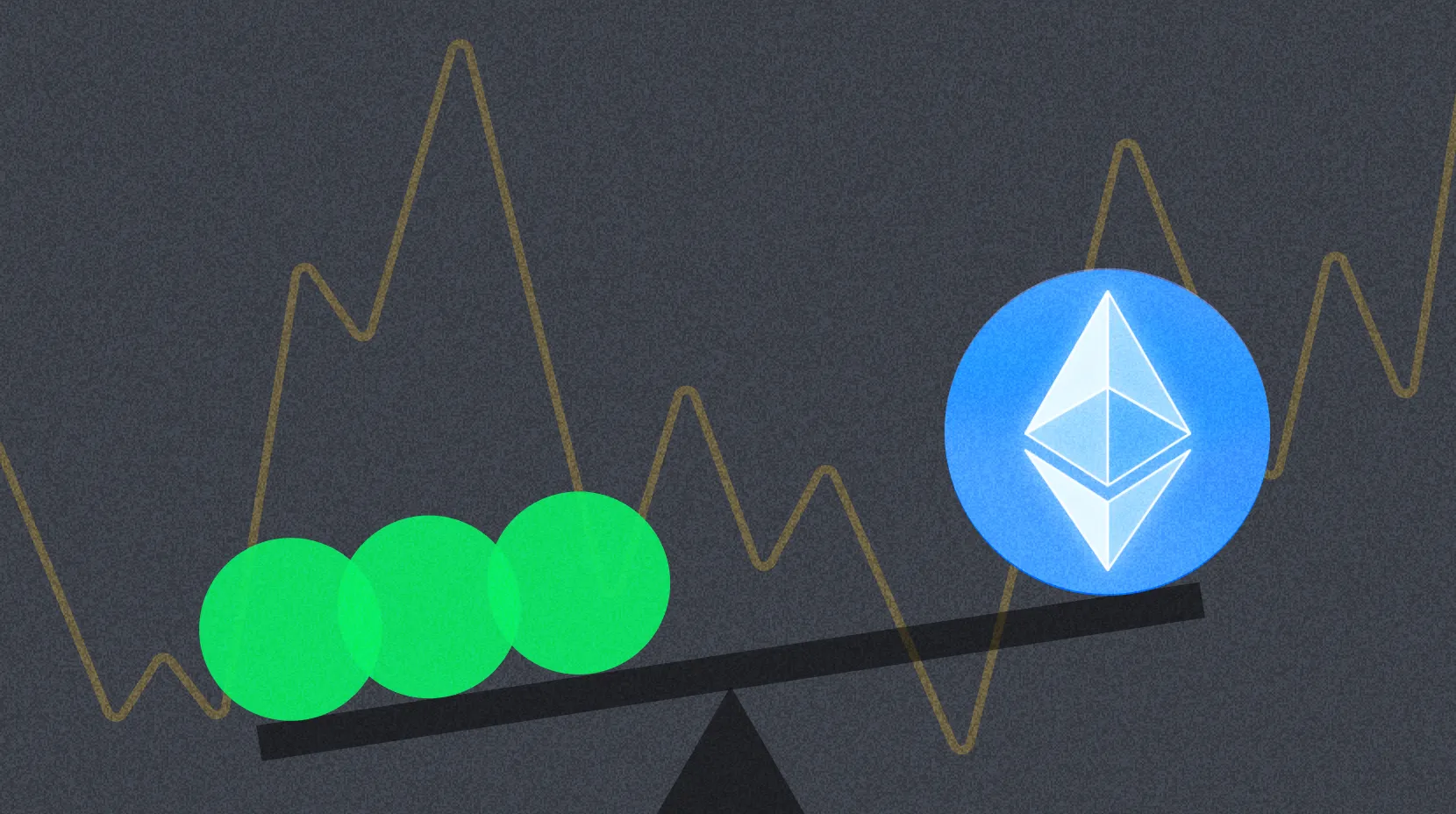
Intermediate
ETF Leveraged Tokens — Product Guide
This course provides a systematic explanation of the core mechanics behind ETF leveraged tokens — a product designed to deliver multiple times the daily returns of an underlying asset by hedging in the perpetual futures market. These tokens are high-risk, high-volatility instruments, best suited for short-term swing trading or hedging strategies.
When used properly, leveraged tokens can amplify gains or hedge market risk, offering key advantages such as:reduced losses in downtrends, and enhanced profits in uptrends.

Advanced
Tools That Help You Trade Better: Moving Averages, Trend Lines, and Indicators
There are no trading rules that are applicable to any scenario. These courses will help you establish your own trading strategy, then test it and improve on it in practice

Intermediate
Technical analysis: A useful tool to understand trends in contract trading
Understand candlestick patterns and recognize market trends. Build a technical analysis system to make informed trading decisions
Learn by Topic
Topics
Altcoins
Bitcoin
Blockchain
DeFi
Ethereum
Metaverse
NFTs
Trading
Tutorial
Futures
Trading Bots
BRC-20
GameFi
DAO
Macro Trends
Wallets
Inscription
Technology
Meme
AI
SocialFi
DePin
StableCoin
Liquid Staking
Finance
RWA
Modular Blockchains
Zero-Knowledge Proof
Restaking
Crypto Tools
Airdrop
Gate Products
Security
Project Analysis
CryptoPulse
Research
TON Ecosystem
Layer 2
Solana
Payments
Mining
Hot Topics
P2P
Sui Ecosystem
Chain Abstraction
Options
Quick Reads
Video
Daily Report
Market Forecast
Trading Bots
VIP Industry Report
ETF Leveraged Tokens
Difficulty
Beginner
Intermediate
Advanced
Latest Courses
More
Intermediate
Introduction to Decentralised GPU Clouds for AI
As AI workloads grow larger and more demanding, centralized GPU providers are struggling to meet global compute needs. Decentralised GPU clouds offer a new, permissionless model for accessing, providing, and monetizing GPU power on a global scale. This course explores how these networks work, why they matter, and how you can participate—whether you’re an AI developer, node operator, or curious learner.

Intermediate
Introduction to Liquidity-as-a-Service (LaaS)
Many DeFi projects face a common challenge: securing reliable liquidity without excessive token emissions or complex treasury management. Traditional models like liquidity mining attract short-term users, while protocol-owned liquidity requires significant resources.
Liquidity-as-a-Service (LaaS) offers a solution. It allows protocols to outsource liquidity management to specialized platforms, reducing costs, improving stability, and supporting long-term growth. This course explains how LaaS works, why it’s gaining adoption, and what it means for the future of DeFi infrastructure.

Advanced
Introduction to Stateless Ethereum & Verkle Trees
Ethereum’s roadmap toward stateless clients represents one of the most significant protocol shifts since its inception. As state size continues to grow, full nodes face increasing storage and synchronization burdens, threatening decentralization and accessibility. Stateless Ethereum proposes a new validation model where nodes verify blocks using compact cryptographic proofs instead of maintaining the entire state. At the center of this approach are Verkle Trees, a data structure that drastically reduces proof sizes and enables efficient stateless validation. This course provides a comprehensive understanding of this transformation, covering both theoretical foundations and real-world implementations.
Latest Articles
More
Intermediate
What Is Fundamental Analysis?
Suitable indicators and tools combined with crypto news make up the best possible fundamental analysis for decision-making
8/12/2025, 10:42:08 AM
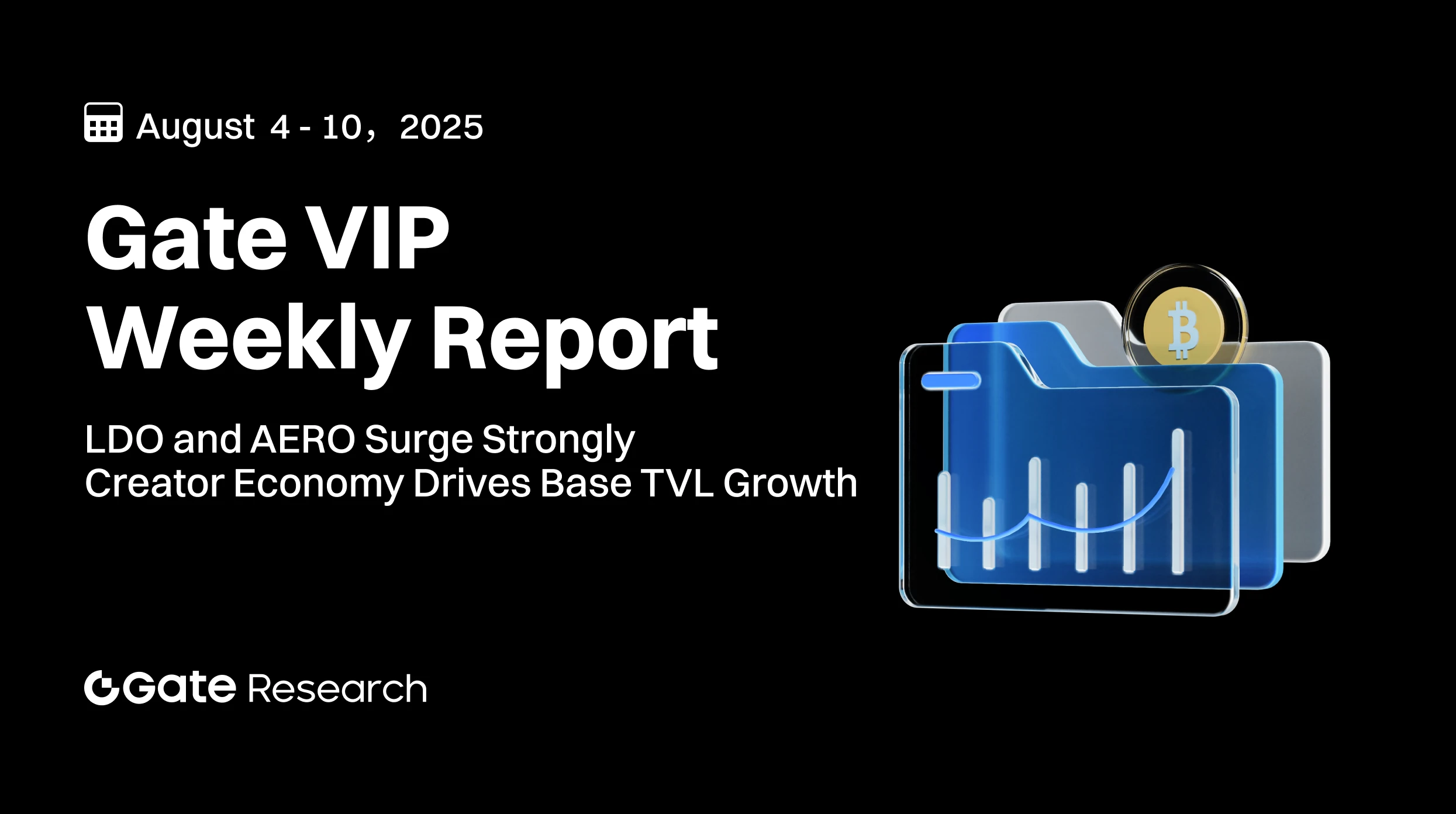
Advanced
 Gate Research: LDO and AERO Surge Strongly; Creator Economy Drives Base TVL Growth | Weekly Report for Gate VIPs
Gate Research: LDO and AERO Surge Strongly; Creator Economy Drives Base TVL Growth | Weekly Report for Gate VIPs
Last week, Lido DAO (LDO) surged over 62% in 7 days, fueled by Ethereum's strong price rally and institutional custody support. Aerodrome Finance (AERO) gained nearly 49%, boosted by liquidity expansion on the Base network. Base led inflows with a net $80.3 million, reversing its previous streak of outflows. Driven by SocialFi and the creator economy, its TVL has surpassed $4.6 billion, establishing a multi-layered closed loop of trading, content, and social interaction.
8/12/2025, 9:46:18 AM

Advanced
Gate Research: The Crypto Market Generally Enters a Rally and Pullback Phase | Institutional Funds Accelerate Inflow into ETH
Gate Research Daily Report:On August 12, BTC price briefly touched a historic high of $122,300 before quickly retreating to a range around $118,900; ETH reached a yearly peak of $4,365 with trading volume soaring to $47.1 billion. Altcoins’ total market capitalization hit $1.61 trillion, with market sentiment entering the “greed” zone. BitcoinCash’s Smart Money Index surged to 85.1, reflecting significant institutional inflows. The Uniswap Foundation proposed establishing the “DUNI” legal entity in Wyoming to support decentralized governance. Lido DAO benefited from a favorable SEC ruling, boosting the prospects for liquid staking ETFs with a weekly gain of 54%.
8/12/2025, 9:38:32 AM
Latest Research
More
Advanced
 Gate Research: LDO and AERO Surge Strongly; Creator Economy Drives Base TVL Growth | Weekly Report for Gate VIPs
Gate Research: LDO and AERO Surge Strongly; Creator Economy Drives Base TVL Growth | Weekly Report for Gate VIPs
Last week, Lido DAO (LDO) surged over 62% in 7 days, fueled by Ethereum's strong price rally and institutional custody support. Aerodrome Finance (AERO) gained nearly 49%, boosted by liquidity expansion on the Base network. Base led inflows with a net $80.3 million, reversing its previous streak of outflows. Driven by SocialFi and the creator economy, its TVL has surpassed $4.6 billion, establishing a multi-layered closed loop of trading, content, and social interaction.
8/12/2025, 9:46:18 AM

Advanced
Gate Research: The Crypto Market Generally Enters a Rally and Pullback Phase | Institutional Funds Accelerate Inflow into ETH
Gate Research Daily Report:On August 12, BTC price briefly touched a historic high of $122,300 before quickly retreating to a range around $118,900; ETH reached a yearly peak of $4,365 with trading volume soaring to $47.1 billion. Altcoins’ total market capitalization hit $1.61 trillion, with market sentiment entering the “greed” zone. BitcoinCash’s Smart Money Index surged to 85.1, reflecting significant institutional inflows. The Uniswap Foundation proposed establishing the “DUNI” legal entity in Wyoming to support decentralized governance. Lido DAO benefited from a favorable SEC ruling, boosting the prospects for liquid staking ETFs with a weekly gain of 54%.
8/12/2025, 9:38:32 AM
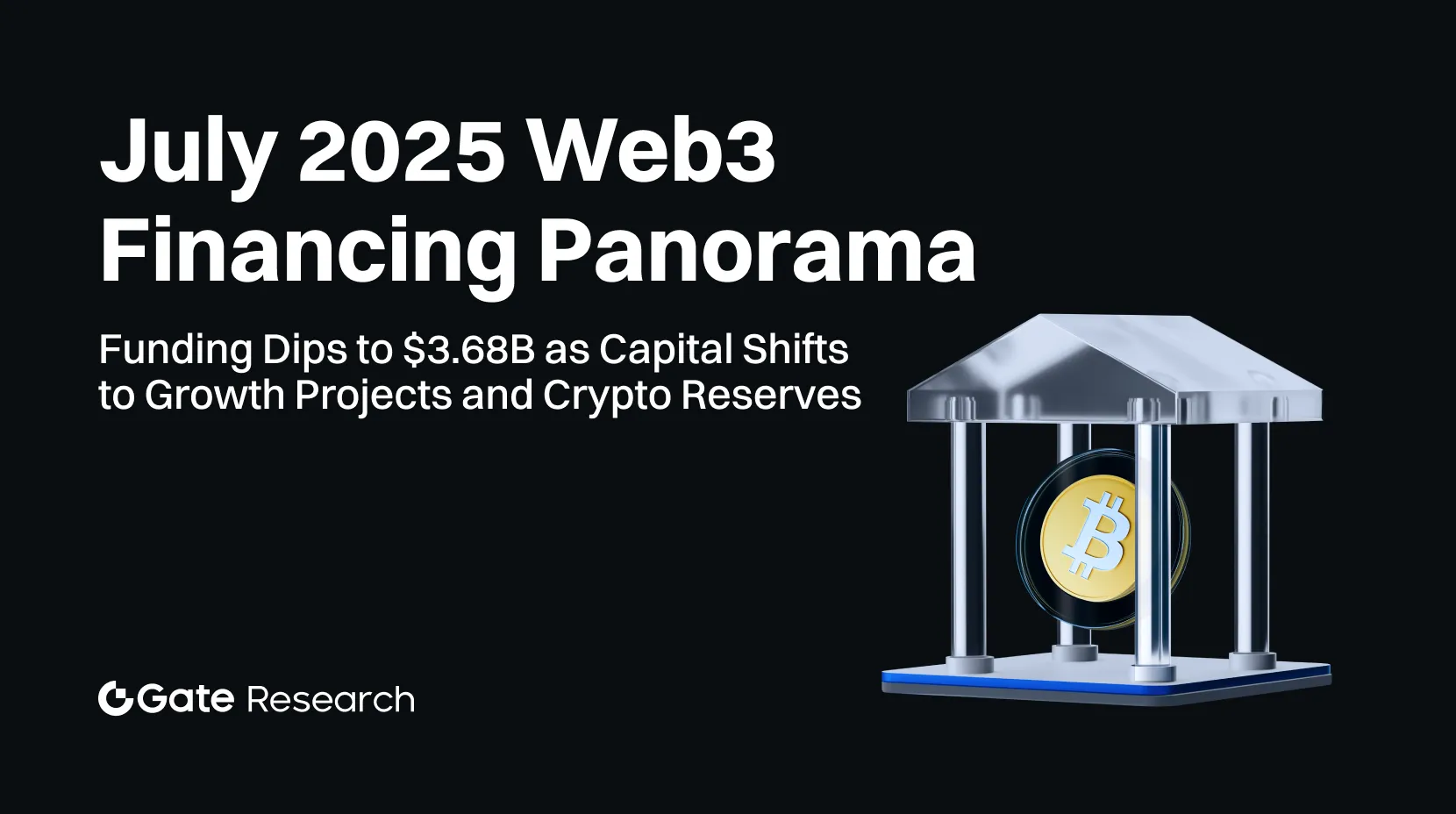
Advanced
Gate Research: Funding Dips to $3.68B as Capital Shifts to Growth Projects and Crypto Reserves | July 2025 Web3 Fundraising Overview
This report summarizes the Web3 industry’s fundraising activity in July 2025. A total of 132 funding deals were completed during the month, with an aggregate amount reaching $3.68 billion. Capital primarily flowed into CeFi and blockchain services, reflecting a dual focus on infrastructure and services. Investment was concentrated in growth-stage projects raising between $3 million and $20 million, with Series A rounds emerging as the main battleground for capital. Meanwhile, the accelerated adoption of traditional financial instruments such as Post-IPO deals signals a deepening integration between the Web3 industry and mainstream capital markets.The report also highlights key fundraising projects including Delabs Games, Gaia Labs, Syntetika, Blockskye, and Limitless.
8/12/2025, 8:11:22 AM
Glossary
Moreapr
Annual Percentage Rate (APR) is an annualized percentage rate that represents investment returns or borrowing costs, calculated using simple interest without accounting for compounding effects. In cryptocurrency, APR is commonly used to measure annualized yields from staking, lending, and liquidity provision activities, helping users evaluate and compare investment benefits across different DeFi protocols.
fomo
Fear of Missing Out (FOMO) refers to the anxiety investors feel about potentially missing profitable opportunities, which drives them to make irrational investment decisions. In cryptocurrency trading, FOMO typically manifests as investors blindly buying assets after prices have already significantly increased, hoping to share in the market's upward momentum.
nft
NFT (Non-Fungible Token) is a unique digital asset based on blockchain technology, characterized by its indivisible and irreplaceable nature, with each NFT possessing a unique identification code and metadata. They are typically created following standards like Ethereum's ERC-721 or ERC-1155, capable of definitively proving ownership, authenticity, and scarcity of digital content.
leverage
Leverage refers to the practice where traders borrow funds to increase the size of their trading positions, controlling assets of greater value with smaller capital. In cryptocurrency trading, leverage is typically expressed as a ratio (such as 3x, 5x, 20x, etc.), indicating the multiple of the original investment that a trader can control in assets. For example, using 10x leverage means an investor can control assets worth $10,000 with just $1,000.


Your Gateway to Crypto World, Subscribe to Gate for A New Perspective
